-
The Chengdu J-20 is China’s most advanced stealth fighter jet.
-
The J-20 reportedly had several encounters with the US-made Lockheed Martin F-35 jets in 2020.
-
The Chinese air force has a fleet of more than 200 J-20 jets — and the figure is only expected to grow.
The Chengdu J-20 is China’s most advanced stealth fighter.
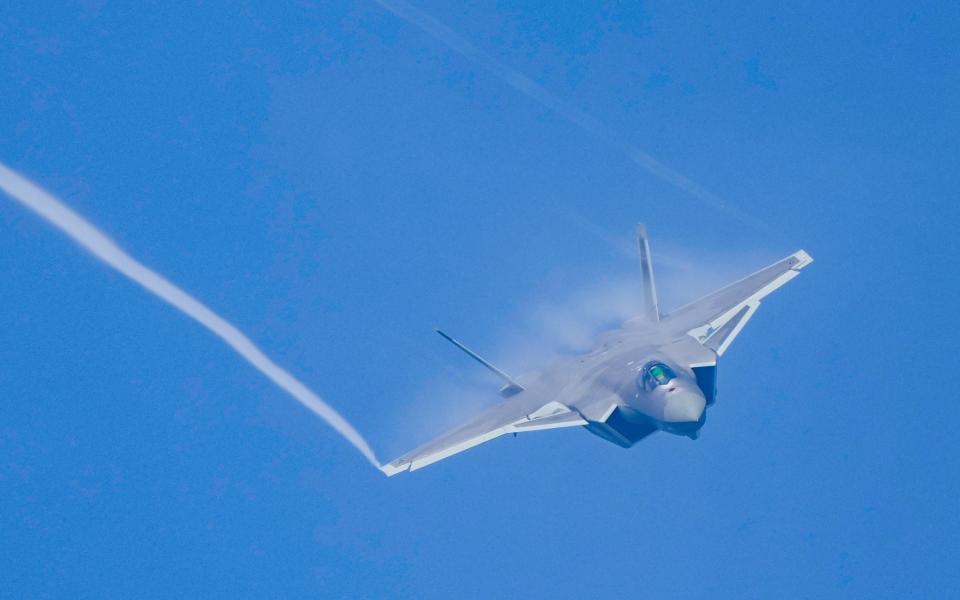
The jet, nicknamed the “Mighty Dragon,” was introduced to China’s People’s Liberation Army Air Force in March 2017. Manufactured by the Sichuan-based Chengdu Aircraft Industry Group, the jet is considered one of China’s most advanced military weapons.
It debuted in November 2016 at the Zhuhai Air Show in Guangdong, China.
The J-20 is only the world’s third fifth-generation fighter jet in history, after the US-made Lockheed Martin F-22 and F-35 jets. According to an analysis of the aircraft’s serial numbers, as of 2023, the Chinese air force has a fleet of more than 200 J-20 jets — and the figure is only expected to grow.
The Chinese jet has drawn comparisons to the F-35 since the jets were locked in military encounters in 2020.
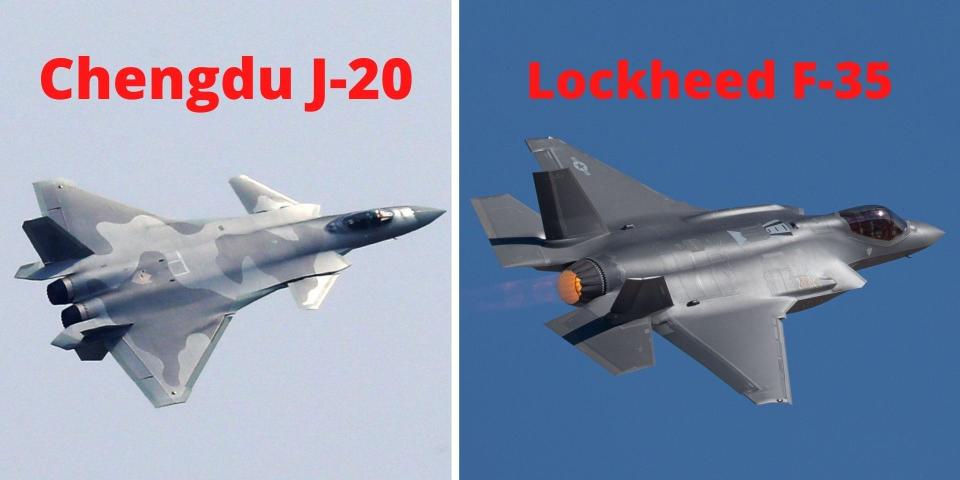

The F-35 jet was introduced to the US military in July 2015. There are three variants of the jet: the conventional takeoff and landing F-35A, the short takeoff and vertical landing F-35B, and the carrier-based F-35C. The variants are differentiated by how the jet takes off and lands.
Lockheed Martin touts the F-35 as the “most advanced fighter jet in the world,” with very low observable stealth, advanced sensors, information fusion, and network connectivity.
But there’s stiff competition from the J-20.
The F-35’s close encounters with the J-20 in the East China Sea in 2022 impressed a top US Air Force general, the South China Morning Post reported.
Gen. Kenneth Wilsbach, the head of US Pacific Air Forces, said in 2022 that the US had some impressions of the J-20’s performance and was tepid about its capabilities.
“It’s not anything to lose a lot of sleep over, but they seem to be a building a lot of them, and certainly, we’re watching them closely,” Wilsbach said.
The J-20 is a long, wide aircraft, measuring 23 meters in length and 5 meters in height.
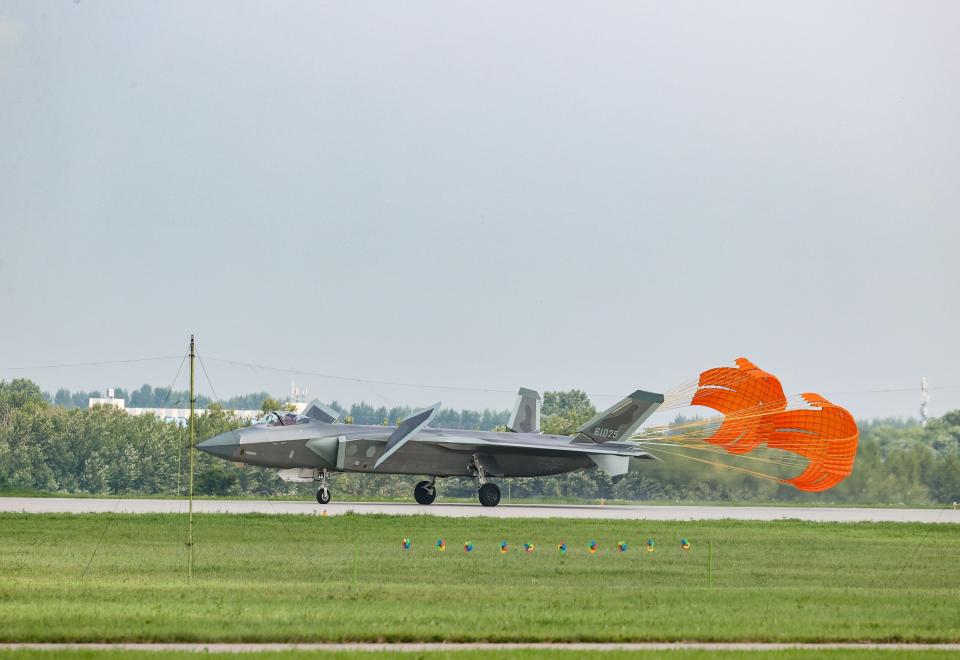

The jet is believed to have a maximum speed of 2,468 kph and a travel range of 5,926 kilometers, according to the aviation website Aero Corner. By comparison, the F-35A has a maximum speed of 1,960 kph and a range of 2,200 kilometers, according to the Royal Australian Air Force.
The J-20 is an enigma and Western estimates of its capabilities range widely.
There are several variants of the J-20.
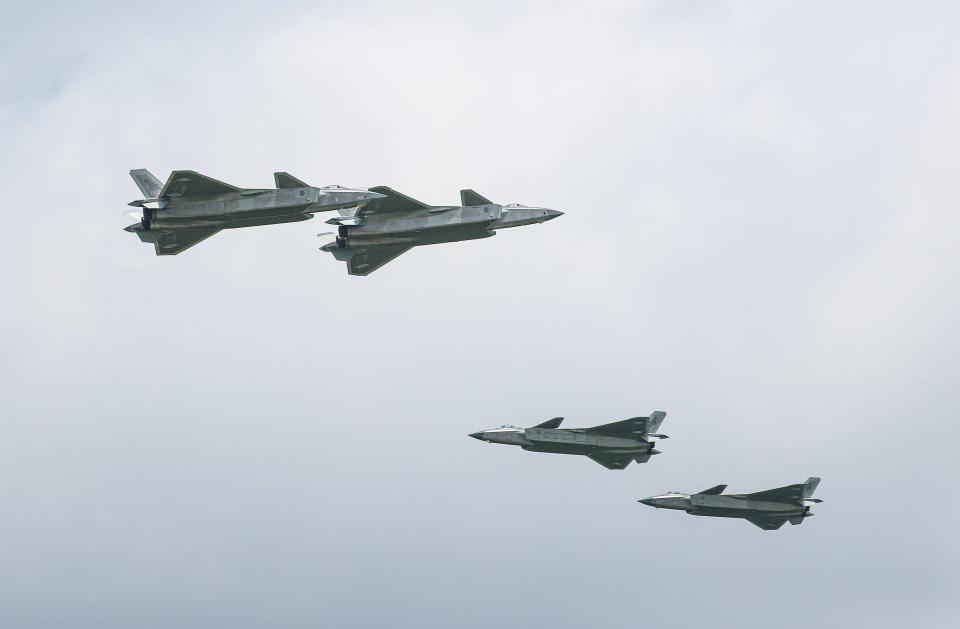

Some notable variants are the J-20A, the first version of the jet, the thrust-vectoring J-20B, and the J-20S, the first twin-seat stealth fighter jet.
China is working on upgrading the J-20 by increasing the number of missiles it can carry and installing thrust-vectoring engine nozzles, according to the Pentagon’s China Military Power Report released last October.
The J-20 was initially fitted with Russian-built engines.
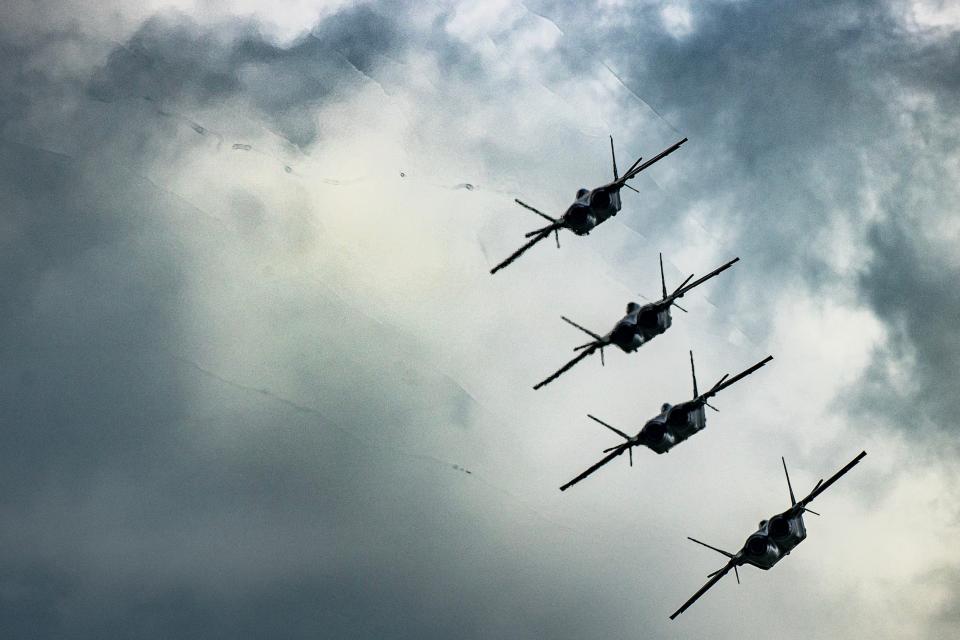

China later developed the Shenyang WS-10 engine to lessen its dependency on Russia for fighter aircraft engines.
Last summer, video footage of J-20 test flights led to speculation that the PLAAF equipped its Might Dragon fleet with a more advanced WS-15 turbofan engine. China has struggled to build an engine capable of sustaining supersonic speeds without an afterburner similar to that of the US F-22 Raptor.
“No one wants the Chinese to become capable of designing and building their own jet engines,” a retired intelligence officer from a NATO country told Breaking Defense in 2023. “It would move the threat marker as to their air power capability up more than just a couple of notches. But they seem to be close to that goal whether we want them to be or not.”
The jet costs between $100 million and $120 million a unit, according to The EurAsian Times.
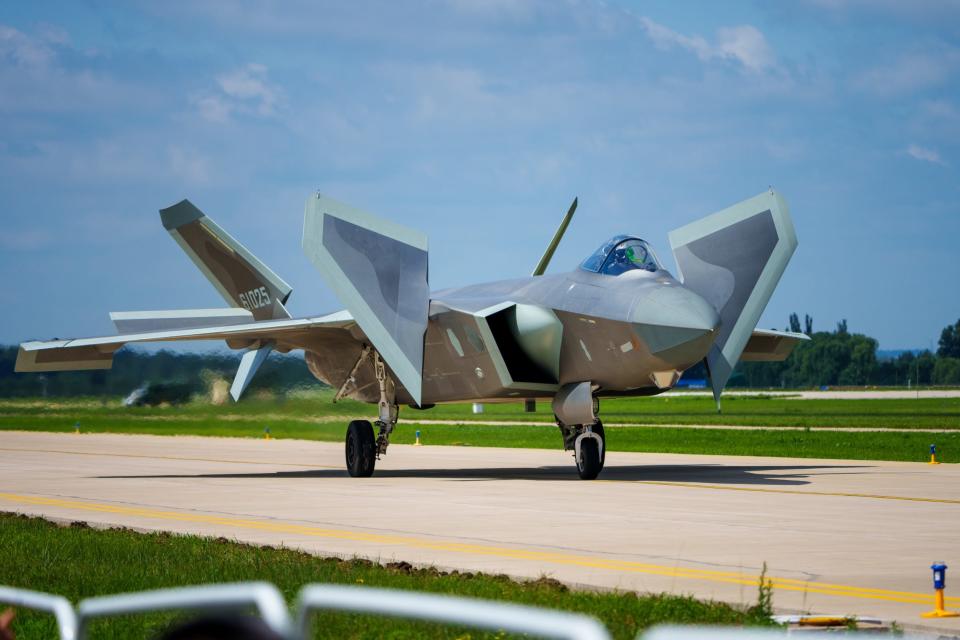

In the early 2000s, the preliminary cost of the jet was quoted to be 450 million to 500 million Chinese yuan, or about $60 million to $70 million, The Diplomat reported. According to estimates from multiple reports, the cost of the jet has increased significantly since then.
The jet’s research and development cost was estimated to cost over 30 billion yuan, the South China Morning Post reported.
Editor’s note: This article was first published in June 2022 and has been updated to reflect recent developments.
Read the original article on Business Insider
Source Agencies


